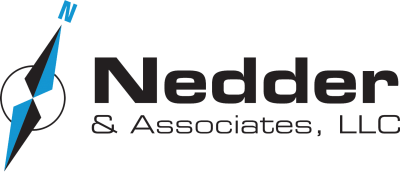An Overview of Charitable Planning
Do well by doing good. When making or receiving a contribution to a non-profit or charitable organization, it’s important to have a plan in place.
In plain terms, charitable planning is an effort to meet your charitable goals and ensure the most tax-efficient outcomes for you and your beneficiaries while doing so. A sound philanthropic strategy allows for more flexibility in your giving, while also providing essential support to the causes that are most important to you.
Supporting a charitable organization may seem simple: Make a donation, help a cause, and get a tax deduction. However, with guidance from an experienced tax attorney, you can truly maximize the value of your contributions.
Depending on your personal goals, income level, and tax situation, there are a number of benefits to having the a sound plan in place. For example, the value of your contributions can grow, you can establish a sustained support system for your preferred cause, and your personal tax benefits can be optimized.
Furthermore, if you represent a non-profit or charitable organization that’s in a position to receive gifts, planning ahead will allow you to maximize those contributions. Most organizations receive a multitude of support coming from many different sources, and managing incoming assets effectively is essential to the long-term financial health of the organization, along with protecting its tax-exempt status.
How Does Charitable Planning Work in Connecticut?
There are a number of options available when it comes to charitable planning. It all depends on your expectations and goals.
Philanthropic pursuits can vary widely in their scope and impact. The first step is considering your intended outcomes, whether it’s here in Connecticut or elsewhere. While the state of Connecticut does not offer additional tax benefits for charitable donations on your state return, there are still many ways that charitable giving can benefit your income and tax positions. Here are a few of them:
Charitable planning can help you maximize your federal income tax deductions
You can establish charitable funds, such as a Donor Advised Fund or Charitable Remainder Trust (CRT)
You can build a charitable component into your estate elan
For those operating within a charitable organization, it’s essential to ensure that your organization is in compliance with Connecticut State Law, as well as the Internal Revenue Service and Department of the Treasury.
In addition to the above-mentioned items, here are a few more things to consider as part of your plan:
Working with an attorney to establish your 501(c)(3)
Establishing tax-exempt status
Optimizing intended outcomes for beneficiaries of your organization
How Nedder & Associates Can Help
Giving back to others is at the core of our mission. As such, we want to help you give back to the causes that are important to you.
Whether you represent a non-profit or charity, or plan to support one, we will work with you to understand your specific philanthropic goals, and organize a plan to achieve them.
We realize that our clients have spent long careers building wealth and assets, and that those efforts provide the opportunity to support charitable causes in addition to family and loved ones.
With careful planning, expert tax advice, and a constant focus on what’s important to you, we’ll help make sure that all your bases are covered. Get in touch with us today for your free consultation.
